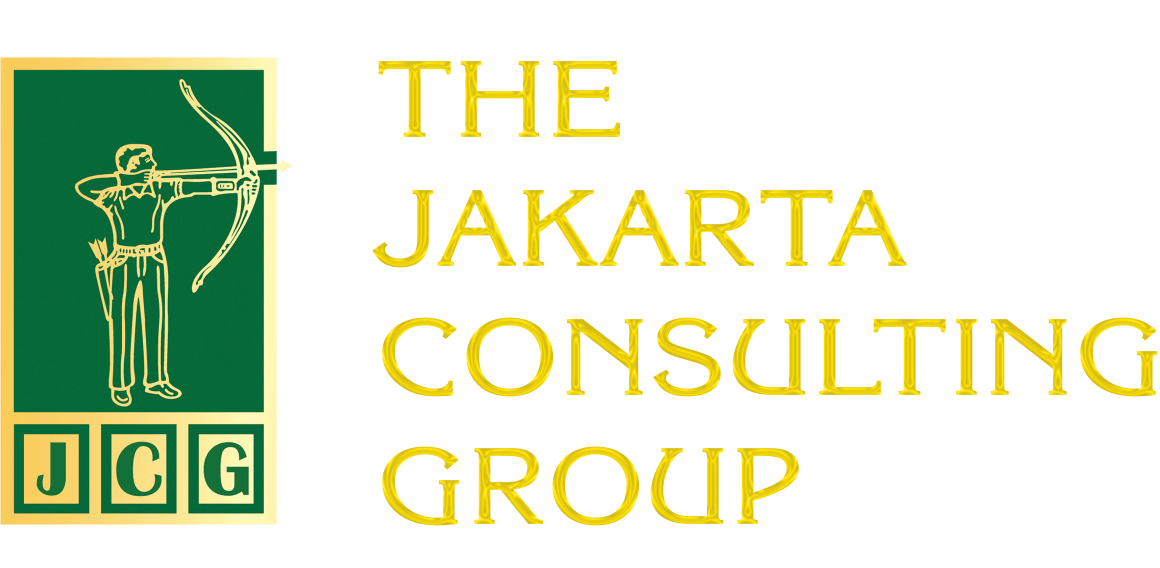In today’s world, managerial skills and business acumen are no longer the exclusive domain of business school graduates or corporate professionals. Increasingly, people from non-business backgrounds—such as the military, police, artists, and athletes—are entering the business world, either to prepare for retirement or as a form of self-development.
However, a real challenge arises: how to quickly and effectively enhance business management competencies for those without a formal business education or experience?
The Business Mindset
Changing one’s mindset is the first step toward building managerial skills for entrepreneurs. Until now, many people have believed that business management knowledge can only be mastered by those with degrees in management or an economic background. In reality, the essence of management lies in the ability to think strategically, manage resources, and make the right decisions.
These skills can be learned by anyone, regardless of educational background. The most important thing is determination. This is the basic capital. As long as someone has this, business management skills can be learned. Aren’t there many successful entrepreneurs who do not have a background in business management? Members of the Indonesian National Armed Forces (TNI) and the Indonesian National Police (Polri), for example.
Take TNI and Polri members as an example. They are no strangers to discipline, orderly structures, and effective leadership. These three qualities are essential in running a company. Meanwhile, artists and athletes are accustomed to working with targets, building personal branding, and facing uncertainty. All of these are valuable assets in developing business managerial skills.
Determination Alone Is Not Enough

Of course, sheer determination isn’t enough. Aspiring entrepreneurs must also learn continuously. Not just any learning, but effective learning. Short-module managerial skill training (10–15 minutes per topic) can be a practical solution. For example, practicing how to create financial reports for beginners or developing a business plan. This approach makes understanding easier without consuming too much time.
Prospective business people must also learn from real stories. For example, the experiences of members of the Indonesian National Armed Forces/Indonesian National Police, athletes, and business people. Not only experiences of success, but also experiences of failure. This makes learning easier than just learning abstract theories.
Prospective business people can also get mentoring and coaching from successful business people. In this way, prospective business people without experience can learn more effectively while getting direct input for developing their managerial skills.
Learning by Doing
Practical experience can also be an effective method. Prospective business people can sell through social media, which is becoming increasingly common. This is called learning by doing.
The scope of business management is very broad. Not everything needs to be learned, at least not all at once. It is better to focus on core managerial skills that are easiest to practice. These competencies are the basics of financial management, marketing and sales, simple operational management, small-scale human resource management, and decision making.
Basic financial management includes how to manage cash flow, read simple financial statements, and create budgets. Marketing and sales include understanding the market, building a personal brand, and using social media as a promotional tool. Operational management aims to ensure that daily business activities run effectively and efficiently.
Beginner entrepreneurs must also understand how to recruit, train, and motivate employees or small teams. For people who are used to making instant decisions, such as military personnel or athletes, it is important for them to adjust their decision-making style when working in the business world.
Prospective business people are advised not to learn managerial skills alone. For those who are not from a business background, forming a small group with members who have technical expertise can be a great support for their business.
For example, inviting partners with in-depth financial or operational knowledge and skills. That way, the learning process takes place simultaneously, while maintaining the quality of business execution.
What About one-on-one Lessons?

One-on-one lessons are the fastest and most effective way to improve business management knowledge and skills. This method is suitable for prospective business people or novice business people who have limited time, prefer direct and personal learning, and have specific targets. For example, those who want to start a business within 3-6 months.
There are several benefits of one-on-one lessons, including: customization of materials to learning objectives, intensive interaction without fear of asking questions, relevant examples or case studies based on participants’ conditions, and most importantly, flexible scheduling and location.
Of course, aspiring business owners should not choose just anyone. Select someone who truly has practical experience, not just theoretical knowledge of managerial skills. Next, determine specific goals and focus areas. This will make the learning process more effective.
Related Posts:
Does AI Automation Speed Up Work, but Impoverish the Learning Process?
Non-Monetary Appreciation: The Recipe for Employee Loyalty and Happiness
Golden Shackles: Employee Retention Strategy or Career Shackles?
Climbing the Ladder or Skill Expansion? The Career Dilemma of Today’s Employees
Social Footprint Check: When Digital Footprints Determine a Person’s Career Fate











